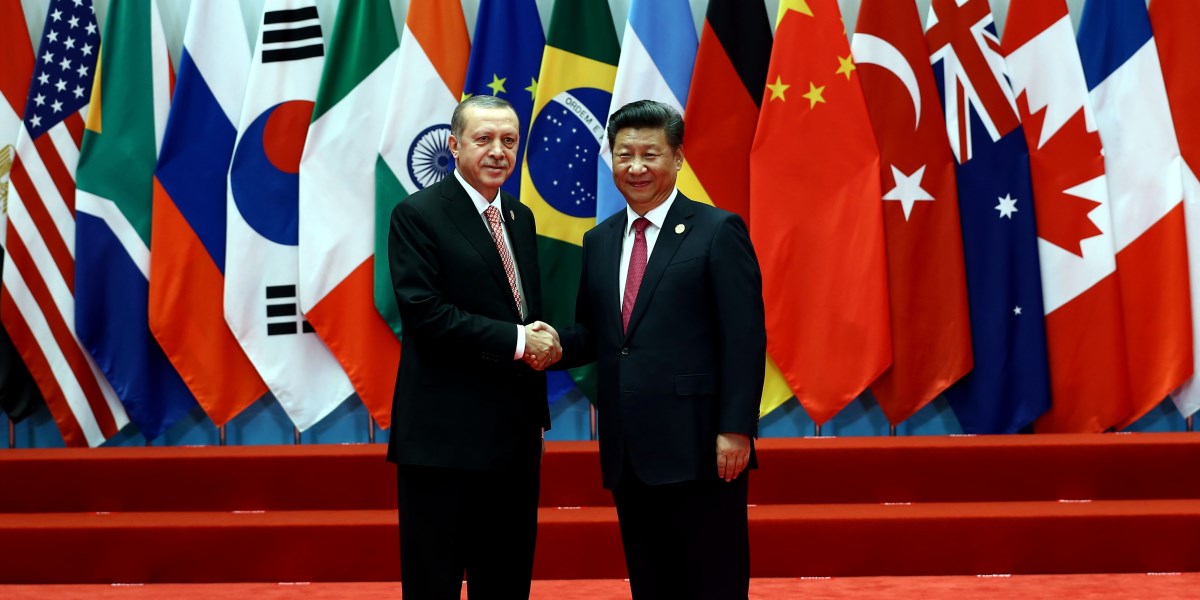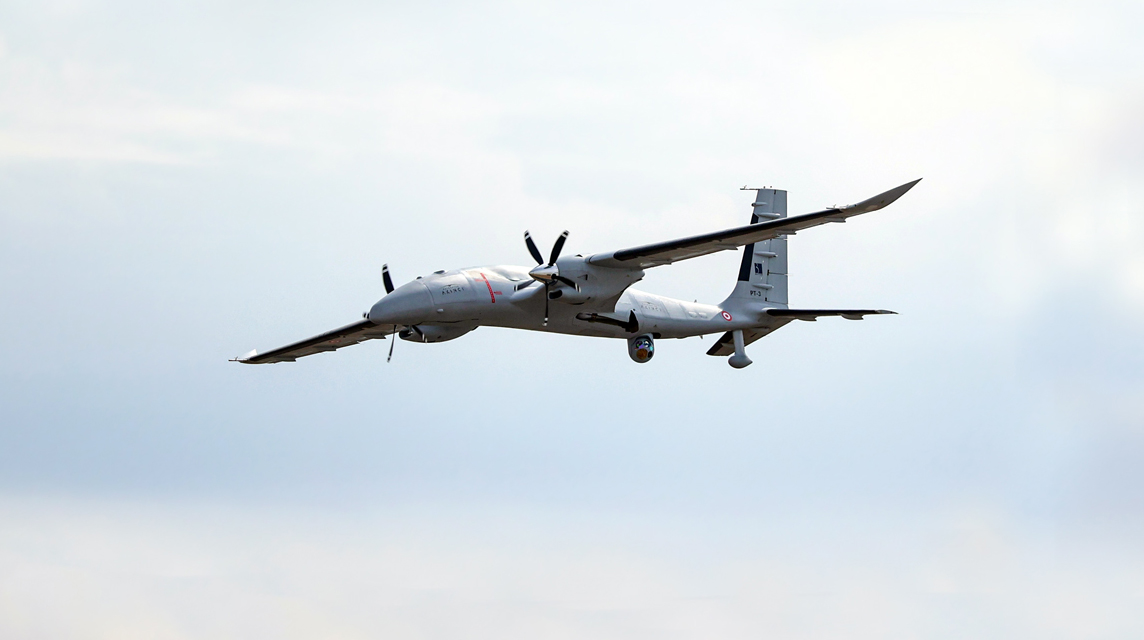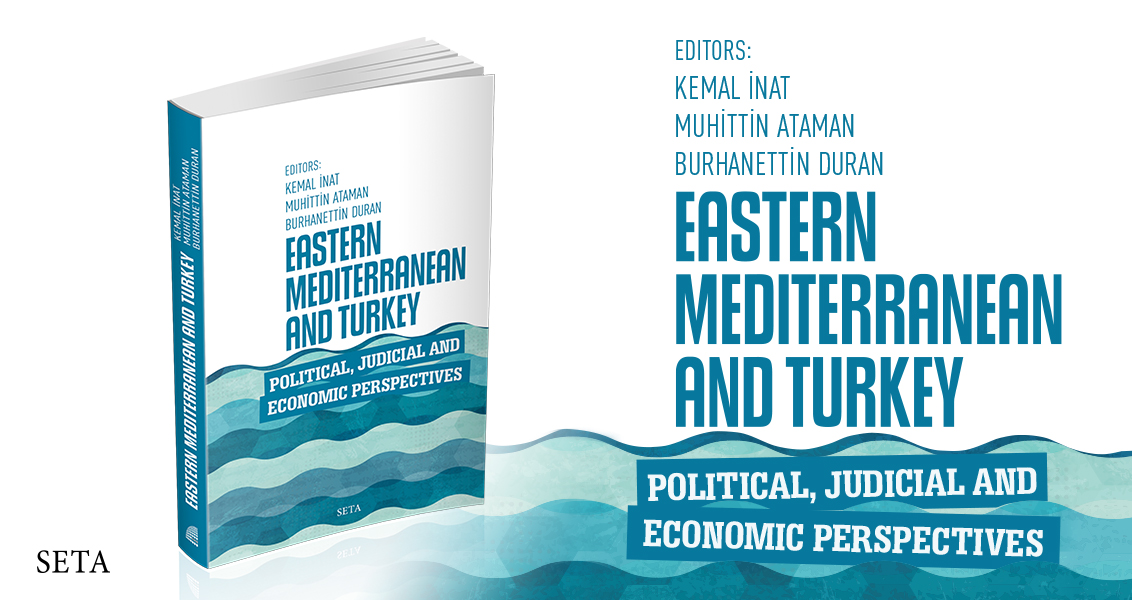As expected, the long-awaited G20 Hangzhou Summit did not disappoint observers looking forward to a spectacular display of Chinese prowess as a major global power and hints of friction with the U.S. From the carefully crafted protocol crisis during the arrival of Obama to the final communique in which inclusive growth, technology and innovation as drivers of growth were stressed with unprecedented importance, China left its mark firmly on the G20 proceedings. Conventional issues such as financial governance, protectionism, money laundering and tax havens were discussed along with growth, neo-protectionism and currency wars. But as ever, the minds of the global leaders were preoccupied with pressing political tensions, conflicts and geostrategic issues. As for Turkey, President Recep Tayyip Erdoğan skillfully utilized the spectacular global stage to communicate with world leaders face to face on Turkey's comprehensive fight against the Gülen Terror Group (FETÖ), details of the foiled July 15 coup and the military operation conducted in northern Syria against DAESH and the People's Protection Units (YPG) expansionism. The G20 Hangzhou Summit provided a perfect platform to demonstrate that both the Turkish state and society have already overcome the deep trauma created by the coup attempt and Ankara is firmly back in action as an emerging power acting proactively in regional and global matters. The emerging power theme was quite visible during bilateral meetings between Erdoğan and the leaders of the BRICS group (Russia, India, China, South Africa) with the notable exception of Brazil due to the political predicament surrounding Dilma Rouseff. The common session with Angela Merkel, Francois Holland and Matteo Renzi and the bilateral talks with Justin Trudeau carried the same confident, business-like tone. Repercussions of the recent rapprochement with Russia that opened up a wide space for maneuver for Turkey's Syria policy and energy cooperation, as well as collaboration with China on nuclear energy and the Silk Road initiative attracted vibrant attention.But the highlight displaying Turkey's new found confidence was the official meeting with the American delegation and the brave exchange of words between Erdoğan and Barack Obama. Following massive terror attacks on Turkey's mainland by DAESH and removal of military officers associated with FETÖ from the military, Ankara finally embarked on a comprehensive military operation toward northern Syria. While the YPG was playing with the Americans to create a protected enclave and posing as the only viable ground force that could effectively fight DAESH, the speed at which FSA forces, supported by the Turkish military, reclaimed around 700-square kilometers of land from DAESH in two weeks impressed everyone. The early success of the operation paved the way for its extension toward Manbij, al-Bab and Çobanbey to create a safe zone that would protect Turkey from terrorist incursions and constitute breathing ground for the civilians running away from armed conflict.
That's why it was not surprising at all to see Obama proposing to Erdoğan a joint military operation against the heartlands of DAESH, Raqqa in Syria and Mosul in Northern Iraq. Given inconsistencies in American strategy against DAESH, Operation Euphrates Shield seems to have transformed the balances on the ground and forced the U.S. to work with Turkey. While the publicized victory in Kobani materialized thanks to American air support and critical support of the Turkish army and Iraqi peshmerga, the credit was wrongly given to the YPG. Now the Americans have finally come to the understanding that a definitive attack against DAESH strongholds Raqqa and Mosul, cannot be realized without Turkey's support on the ground.
Yet Ankara is fed up with Washington's empty promises and the red lines that have created numerous disappointments since the inception of the Syrian war and is determined to be among the main play makers this time round. Normalization with Russia significantly increased Turkey's strategic options and opened a window of opportunity to operate in the Syrian theater in the absence of security threats from Iran and the Assad Regime. The scope and geographical limits of Operation Euphrates Shield are likely to be determined in coordination with Russia and whether Ankara will want to be drawn into an all-out war against DAESH around Raqqa when its rather untrustworthy American ally remains to be seen.
As for Mosul, neither the Iraqi army nor Barzani's forces have the necessary military capability to liberate the regional capital from DAESH and Turkey's involvement is bound to provide a major boost to the struggle on the ground. But Ankara is perfectly aware that, as things stand, no game plan in Syria and Northern Iraq can proceed without its approval and active participation. New regional power constellations and joint initiatives shall reflect this new reality.
[Daily Sabah, September 10, 2016]








